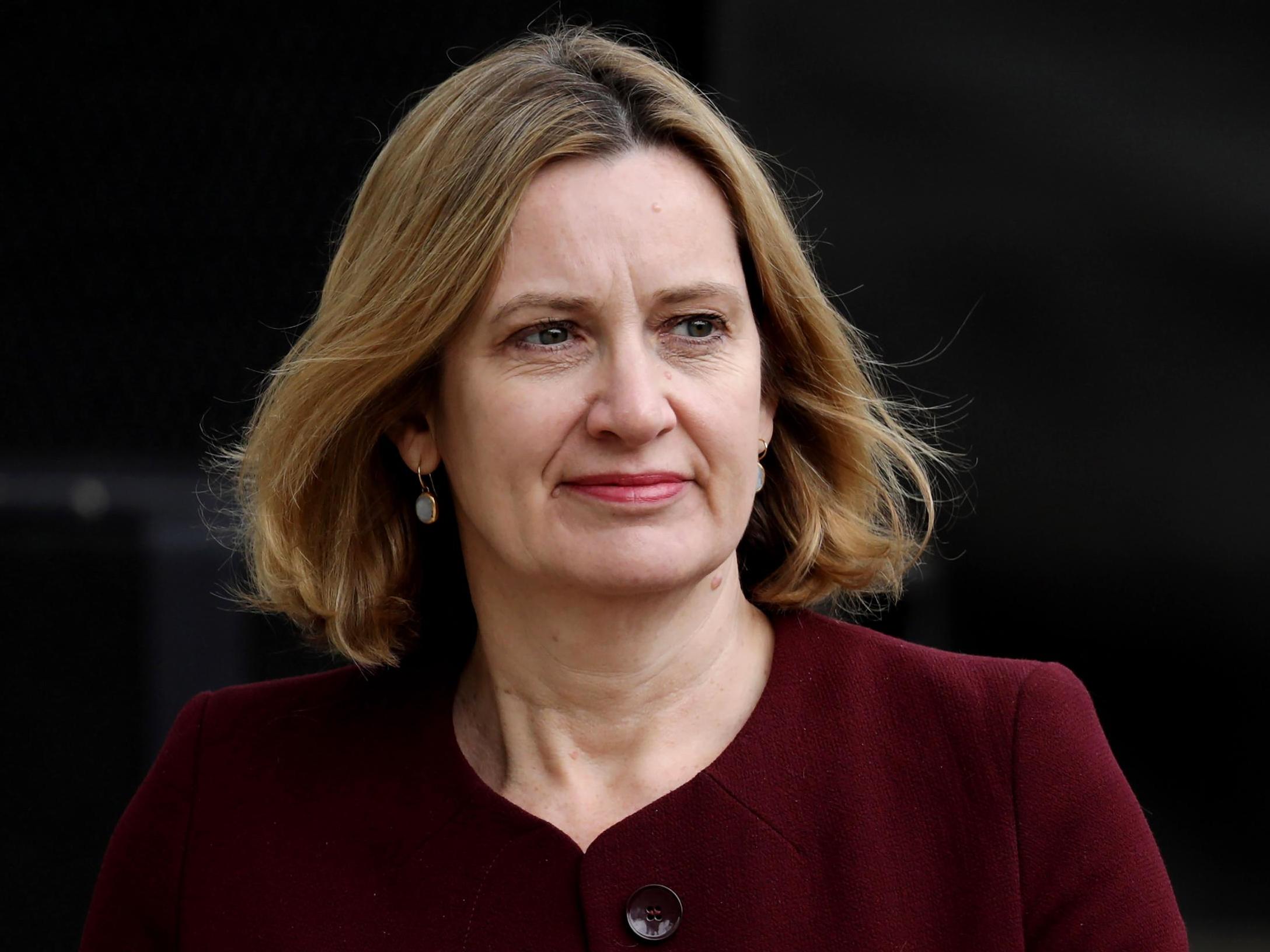Ministers warned 82% of households unable to escape benefit cap
Only 18 per cent of those currently affected by cap have been assessed as capable of looking for work, MPs say

Eight in 10 households affected by the benefit cap cannot work and should therefore be exempt, ministers have been warned.
The Work and Pensions Select Committee has called on the government to only apply the cap – which limits the total amount of benefits a household can receive – to those who are expected to be looking for work.
It warned that only 18 per cent of those currently affected by the cap have been assessed by the Department of Work and Pensions (DWP) as capable of looking for work, while 82 per cent of households cannot escape it.
These include single parents with young children and those who have an illness or disability.
“The government told parliament that the cap was meant for people who could work, but were choosing not to,” the committee said in a report on the benefit cap. “But in fact the majority of people who are affected by the cap have been assessed by the DWP as not being required to look for work, usually because they are lone parents with young children or have an illness or disability.
“A policy aimed at people who could work but were choosing not to is now being applied to single mothers with newborn babies and people with serious health conditions, who face significant barriers to finding work. This cannot be what was intended.”
The committee said the cap should only apply to claimants who are either claiming jobseekers’ allowance or claiming universal credit and in the “all work-related” activity group.
Veteran MP Frank Field, chairman of the committee, said: “It would be difficult to think of a more cruel cut. Benefits are being cut with the aim of driving people into work, but four in five people bearing this cut aren’t expected to work.

“What genius in government thought this one up?”
The committee also called on the government to increase the cap levels in line with inflation and to do more to monitor the impact of it.
The benefits cap was lowered in 2016 to a maximum of £23,000 for families and £15,410 for a single person living in London, and £20,000 for a family and £13,400 for a single person outside of London.
The DWP said it would “carefully consider” the report’s findings and “respond in due course”.
A spokesman added: “The benefit cap restores fairness so that it pays to work and still ensures there’s a safety net for the most vulnerable. People receiving certain disability benefits are already exempt from the cap.”
Work and pensions secretary Amber Rudd also announced yesterday that benefits claimants in Harrogate, North Yorkshire, had been chosen as the first people to be moved on to the government’s universal credit welfare reforms.
She said: “We have chosen them because they have had universal credit for three years, they are an experienced job centre and they are an area which have both urban and rural claimants. We will be making sure we have the opportunity to test and move as many as possible in an effective way so that we can really learn and demonstrate the success of managed migration.”
The pilot scheme is expected to start in July once regulations have been passed in the House of Commons.
Join our commenting forum
Join thought-provoking conversations, follow other Independent readers and see their replies
Comments